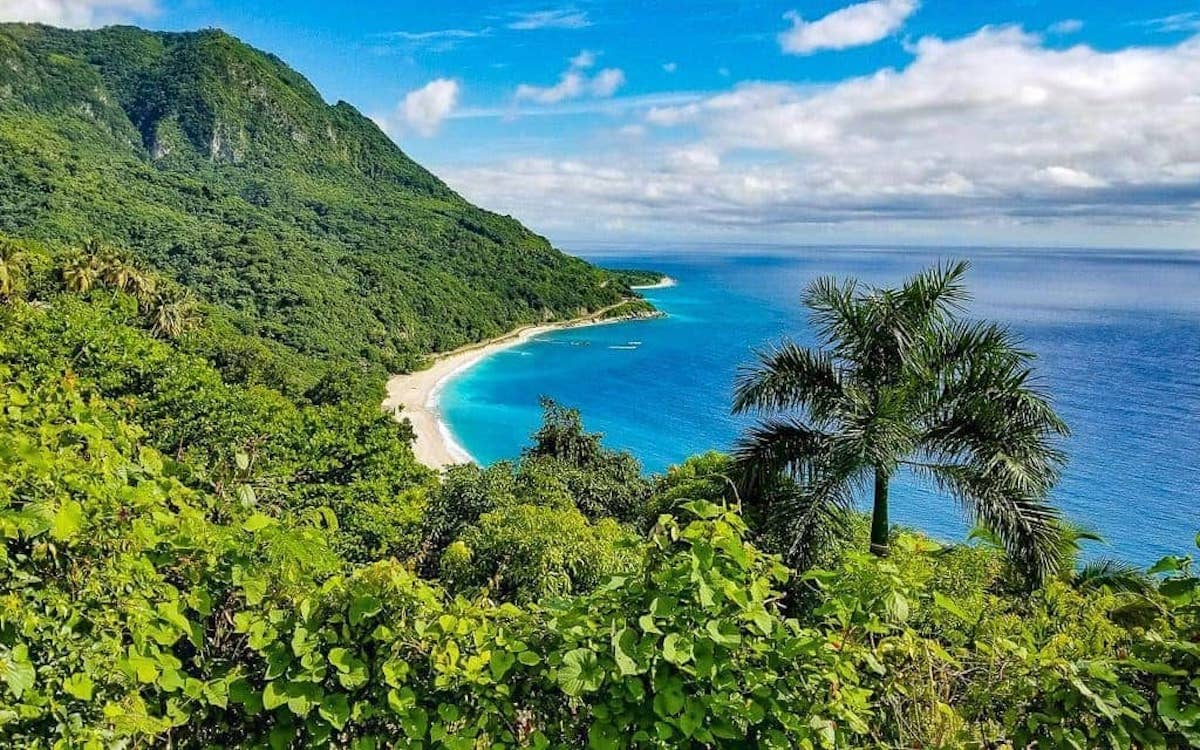Invest In The Place That Everyone Wants To Visit
Tropical island resorts have been popular destinations for years attracting tourists from around the world. Many people are unaware of investment opportunities available to foreigners on most islands. In the past, a great number of investments centered around real estate, however a new investment opportunity is rapidly developing on almost every island in the world – agriculture.
A Need To Feed
Recognizing the immediate need to feed its people and develop a food secure nation, island governments have created incentives to attract investment in the agricultural sector. A few of these incentives include land, zero tax economic development zones, duty-free equipment and supply imports, and assistance with project infrastructure costs.
All company activities are project-based, structured in partnership with an island government and/or others to construct agricultural demonstration sites on the islands. The sites will demonstrate Feed An Island proprietary food and forest technologies to governments of other islands with a plan to expand, island to island. Each site serves as a training center, teaching local farmers how to use the various technologies. Revenue is generated from proceeds received from Growing To Give, a registered non-profit in Washington that secures funding from nationwide community food programs and agricultural grants.
Feed An Island Investments
Feed An Island LLC offers agricultural investment opportunity for investors. For persons based in the U.S., the company has created a loan program where funds are loaned to the company to construct agricultural food security demonstration sites on the islands of St. Martin, Antigua, and Grenada. Interest is paid on the loan annually and the loan is paid out in 3 years. For persons from other countries, the company offers investment in exchange for equity in the company and a share of tax-free profits derived from island forest and food projects developed throughout the entire Caribbean region.
Our Projects
St. Martin - Feed An Island is preparing two food security demonstration sites on the island of St. Martin. One demonstration site is rural, a small holder farm on the French side of the island. The other demonstration site is urban, a small piece of land on the Dutch side where the cruise ships dock. The Dutch site will be open for tours and training every Saturday. Application will be made for approval as an island attraction for tourists to walk through after they depart the cruise liners.Reports about our Tomato Volcanoes and Crop Circle Gardens would spread far and wide as these ships dock and release their passengers onto the island creating potential for project opportunities around the world.
Antigua - Our food security demonstration site is located a stone’s throw from the only runway of the only airport on the island of Antigua. The site will be clearly visible to the over 1,000,000 visitors that travel by air to the island each year creating a one-of-a-kind marketing opportunity to creatively display our agricultural technologies. With that in mind, two half acre Crop Circle spirals will be planted. At the tail on one, 15-foot-tall lettering will be planted, spelling the word Antigua and the tail end of the other will spell Barbuda. The rest of the site will be populated with Crop Circle Gardens and Tomato Volcanoes and like St. Martin be open for tours, training, and demonstration.
Grenada - We’ve been invited to join a collaborative Pilot Land Bank Project with The Grenada Ministry of Agriculture, Lands and Forestry, the Food and Agriculture Organization (FAO), Green Harvest, Grenada Investment Development Corporation (GIDC) and the Climate-Smart Agriculture and Rural Enterprise Programme (SAEP). A second site has been acquired one half a mile from the island residence of the Prime Minister. The Land Bank Project site is situated on a hillside that will be terraced to create 20-foot-wide forest and food production pathways. The second site is open and flat.Several Feed An Island food security technologies will be featured including Tomato Volcanoes, Crop Circle Gardens, Crop Circle farms and our terraced agroforestry technology.
 Feed An Island
Feed An Island

